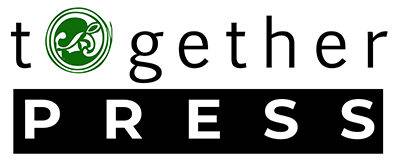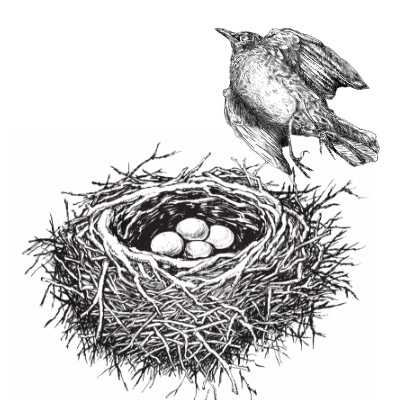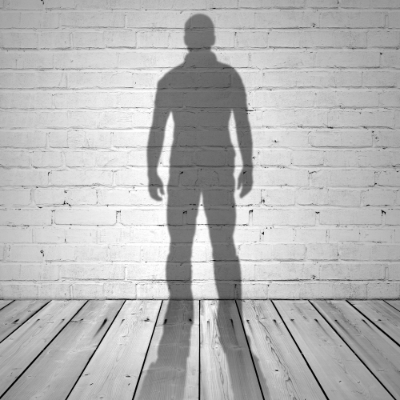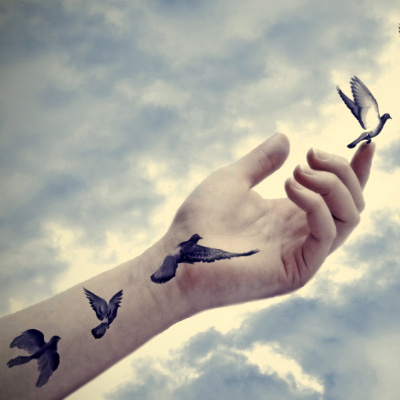Finn explores the abandoned house and discovers the remains of the owner, who continues the theme of life, death and rebirth. The man’s body feeds the next generation of life. A tree, pg 45. Finn hopes this is not something that will come of his own remains, yet, in Chapter 36, pg 276, he recalls dreaming of dying in the bush where he’d buried himself in the decaying wood and debris and how he witnesses the process of death without personal attachment to his body, instead he sees them as ‘remains’ in the true sense, having left them there, where they become life for others. This time there’s no sense of horror. Interestingly, there’s research on psilocybin (mushroom trips) taken by people with terminal diseases that mirrors this, the loss of fear of their impending deaths.
Chapter 34 – the great fat lucid dream of a chapter. One of the dream stories is one I had in 1994. I’d lost my partner, Carl, to suicide. I was 25 years old. Five years before I’d lost Andrew, to a microlight accident in Canterbury NZ. I was living alone in Sydney, that unbeautiful city of strangers. I was deeply lost and close to suicide too. I dreamt I was standing on a train station platform desperately trying to find him among the passengers as trains sped past. Face, face, face, face, face… I couldn’t. I’d walked to a beach and trained my eyes on surfers, trying to find Carl among the waves. Face, face, face. But couldn’t. Then I saw the phone booth in the sand and when I reached into my pocket I had a gold coin there. Without being told I knew it was the kind of currency that allowed you to call heaven. And just as with Finn the fucking thing would not work. From that point on my dream and Finn’s are the same, water rising, swimming in frightening black water and talking to the terrifying prehistoric steampunk fish. Of course, I answered yes to wanting to know the answer to everything. It felt like I travelled to the end of the universe, oh so fast. Knowing, knowing, knowing. So much, and so overwhelmingly – this is so wonderful, how the hell did I forget this? And then losing it all as I travelled back in reverse and struggled with sleep trying to hold on to one slippery thing. But failed to, apart from the sense of great rightness about the world, of knowing everything and that everything was euphorically good still sustains me today.
Chapter 34 is about universal connection.
Finn’s hallucination incorporates the vampire – really a goshawk that’s flown through the broken window and mistaking him for dead – tears at his arm till it rouses him. It’s the white goshawk, Accipiter novaehollandiae. It’s true name is the grey goshawk, but in our area there’s a rare pure white morph. We have a nesting pair in our tiny valley and we love to watch them dive bomb rabbits and other prey in the apple orchard across from us. Finn watches it tear flesh from his arm.
A vampire leans over the table and peers at me. I try to smile, but I’m inert rock. A vampire is only frightening because it’s a weapon with a human visage. Integrated. Not like a human with a gun. A gun can be put down. But when you are the weapon—that’s a reason for fear. He bends to look at me, to stare curiously into my eyes. He cocks his head to one side, opens his mouth and lowers it to the flesh of my arm.
Finn sees the moment as a connection between himself and the natural world. The goshawk has chosen him, eaten of his flesh, made them one. It, again, harks back to indigenous cultures and the practice of choosing an animal totem, or being chosen.
There’s so much to this. The theme of predator and prey and our undeniably peak predator status and-not-afraid-to-use-it. I’ve been rabbiting on about kindness and connection, to each other and nature. We are, of course nature, and, to stick with the bird theme, we are is at the top of the pecking order.
We use weapons to augment our bodies, which we can also use as weapons, as per Eamon being beaten to death with feet and fists. We are the paradox of being both. Peak predator and historically, custodians or stewards. It’s immensely complex to get our heads around.
In the book I’m currently writing, The Quiet Revolution; there’s a passage about how we cannot ask a snake to reconsider the eating of frogs. But we have a choice, we can create codes of ethics and decide who we are, and who we eat, or not to eat any ‘who’s’. It’s wonderful to have a choice-but choices can sometimes be a fraught thing-for what our bodies have evolved for may not be in our heart’s best interests.
I applaud vegans for addressing the cruelty and misuse of animals that has become the norm in our culture. While I’m not a vegan, I won’t eat pigs, rarely eat red meat, and when it is it’s not farmed, but wild, I’ll eat free range chicken and the occasional fish (the sea needs desperately for us to take a fucking break). We have dairy goats for dairy, though we have to buy butter and cream as neither is possible with goats. I have issues with how vegans express themselves at times and the environmental impacts of their elimination of animal products, for example choosing to drink almond milk rather than cow’s milk is a detrimental practice that in the end contributes to the death of animals. But their hearts are in exactly the right place. It’s a pity it’s turned into a battleground.
We are the incorporation of the possibilities of both good and evil, and, unlike the frog, we have a choice. Heaven and hell are both possible here on earth. We have the ability to work towards one or the other, but only in connection with each other can we create a heaven.
You can decide you want to make a heaven of the planet. But if your neighbour chooses to make it hell, it doesn’t necessarily make it impossible, just harder.
The basis of life is a natural cycle of eating and being eaten, life and death. The theme of life must, by its nature, also include death. Life – death, heaven-hell, predator-prey, good-evil – the dichotomy of those opposing ‘forces’ is something we struggle with. But we’re meant to. The struggle is not only real, it’s non-negotiable. And so much easier if we flow with it and not fight it. But fight it we do, with drugs, surgery, make-up, exercise routines and superfoods, the promise of immortality always tantalisingly close. But it’s a false road. Accept who we are and learn to live as triumphantly as possible within those parameters.
Finn makes it to Huonville without becoming a buff, and from there he floats down the Huon – too far, and hauls his ailing body to shore and spends the night buried in forest floor debris. He settles in there afraid of all the things that bite. He dreams of dying there, and being consumed by wildlife, much as Everleigh had been. In contrast to his thoughts when he’d found the man who’d been consumed by a tree, this time he feels a rightness about it. He has come to terms with his physical death.
Another death, real this time. He drowns, but is revived. His Mother, Piper, whispers to him the words from The Lorax you’re in charge of the seeds from the Truffula Tree. Analogous with, you are in charge of fostering life on this planet. Of course, it’s non-specific how he does that. We all get to choose. What a glorious choice. To choose how we contribute.
Finn has another metaphoric death. Coming home and finding the house burnt and his father gone, he buries himself in the ashes of their house. He’s hiding, not from hungry insects this time, but from loss. Arising, phoenix from the ashes.
So many metamorphises to this caterpillar!
